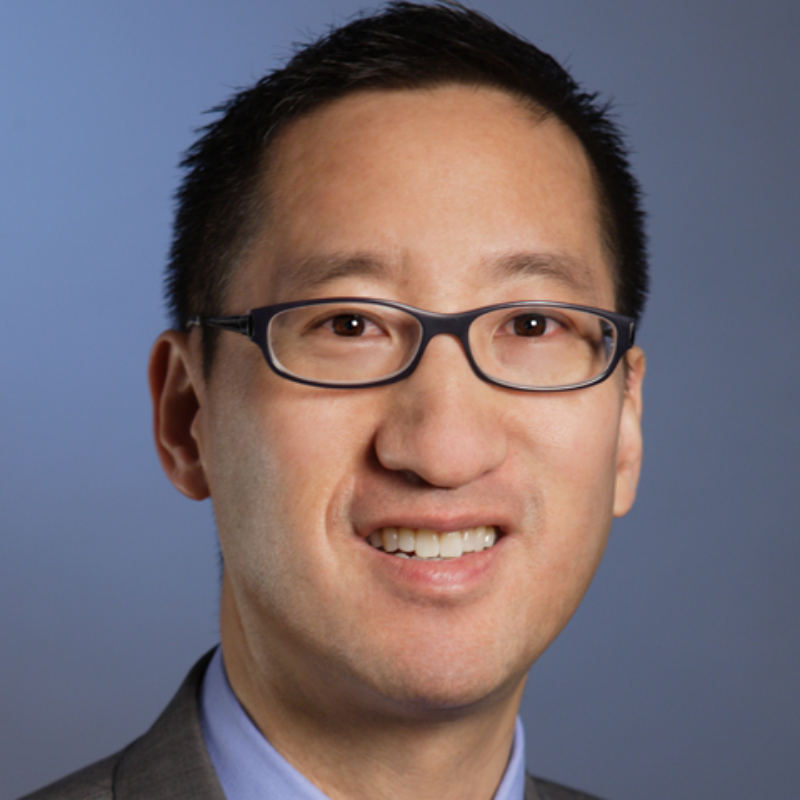In December 2019, our board approved our largest program-related investment (PRI) to date, a $1.5 million dollar low-interest loan to Everytable, a Los Angeles-based for-profit public benefit company.
This is the first time we've made a PRI into a for-profit company. In the past, our PRIs went to community development financial institutions, which raise money from investors like us and make loans for things like affordable housing projects and small businesses in communities that often don't have banks or other mainstream financial institutions.
We decided to invest in Everytable because it’s an outstanding example of a social enterprise—a business that has social objectives instead of focusing solely on maximizing profit. In Everytable's case, its mission is to "make nutritious, fresh food affordable and accessible to all," especially in communities that lack healthy food vendors, such as South Los Angeles.
In fact, the idea for Everytable came from the residents of South Los Angeles who told the co-founder and current CEO, Sam Polk, that they needed a place to buy healthy, affordable meals on the go. Because many community residents work two jobs, and often must take public transportation, they don’t have time to prepare healthy meals for themselves. Polk had a lot of experience in this area: before starting Everytable, he founded a South Los Angeles-based nonprofit, now known as FEAST (formerly Groceryships) that provides nutrition education, healthy cooking classes, free produce and support groups to residents of South Los Angeles.

